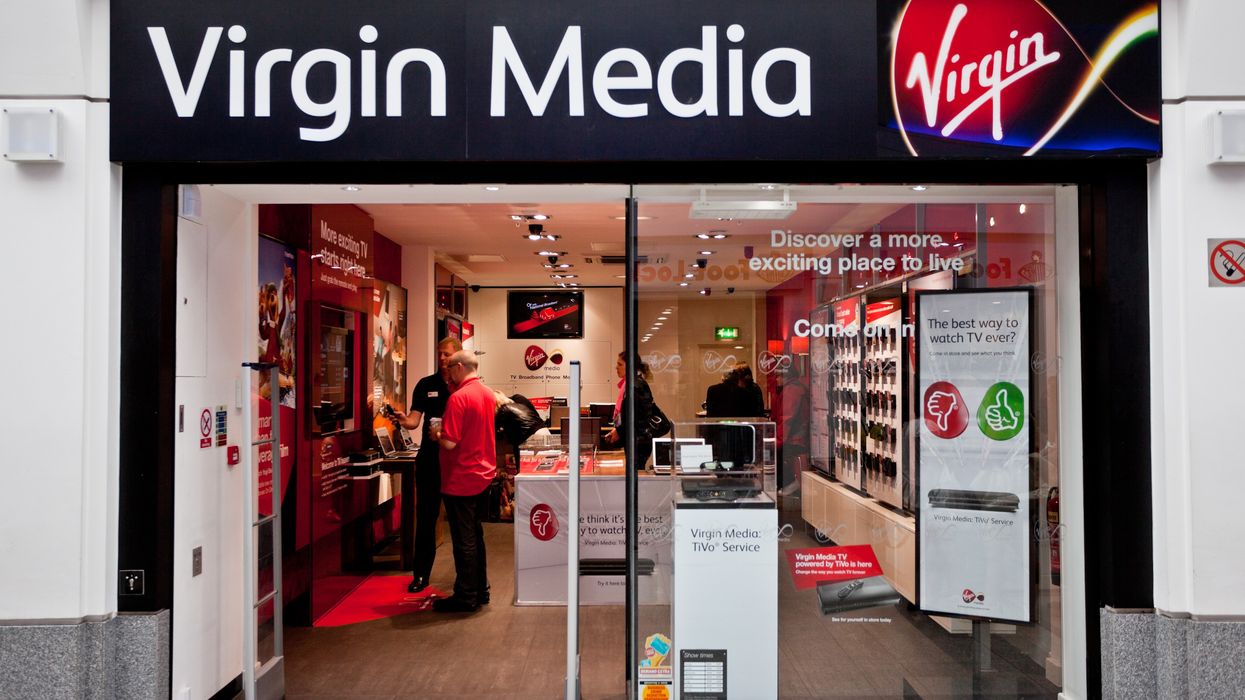RETAIL major EG Group reported an impressive revenue growth of 57.7 per cent in the April-June quarter, as Covid restrictions eased.
The group, which runs petrol stations, supermarkets and fast food outlets, clocked a revenue of $6.511 billion (£4.74 bn) in the three-month period compared to $4.13 bn (£3 bn) posted during the corresponding period last year.
Its earnings before interest, taxes, depreciation and amortization (EBITDA) stood at $380 million (£277m), recording a 23.7 per cent jump year-on-year.
The quarter saw the foodservice arm of the group, run by Blackburn-based billionaire brothers Mohsin and Zuber Issa, more than double its gross profit to $153m (£111.5m). The growth was driven by takeaways and delivery services.
EG Group and TDR Capital bought the Leeds-headquartered supermarket chain Asda Stores from Walmart this year in a £6.8 bn deal. The brothers also took over the Leon Restaurant chain for an estimated £100m.
“We continued to make good progress in the second quarter, with a particularly strong performance from our foodservice business, driven by growth in customer demand for takeaway and delivery services and the easing of Covid restrictions across many of our countries,” EG Group co-chief executives Zuber and Mohsin Issa said, according to Retail Gazette.
“The group’s latest performance is further validation of our successful global strategy… We are also pleased to have completed the acquisition of Leon Restaurants.”
They said they are looking forward to opening restaurants at 10 new locations during the current year.
“The resilience of our business model has been demonstrated during the pandemic, and we have emerged as an even stronger business as we enter the second half of the year with confidence,” they said.
















 Lakshmi Mittal
Lakshmi Mittal 

